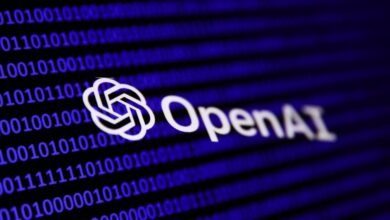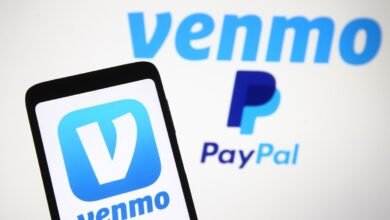Inside Windsurf’s Google Deal: How VCs and Founders Profited

▼ Summary
– Google paid Windsurf $2.4 billion to license its technology, with $1.2 billion going to investors and $1.2 billion as compensation for 40 employees, including co-founders.
– Investors like Greenoaks and Kleiner Perkins saw strong returns, with Greenoaks earning $500 million on a $65 million investment.
– Many Windsurf employees (around 200) received no payout from the deal, sparking criticism, especially after expectations of an OpenAI acquisition fell through.
– Remaining Windsurf assets were sold to Cognition, allowing all leftover employees to benefit financially, though exact terms were undisclosed.
– The deal drew backlash for favoring founders and investors over employees, with some VCs publicly condemning the founders for not sharing proceeds more equitably.
The recent $2.4 billion deal between Google and Windsurf has sent shockwaves through Silicon Valley, revealing how venture capitalists and founders profited while leaving many employees with far less than expected. The tech giant’s payment was divided equally, $1.2 billion went to investors, while the other half covered compensation packages for roughly 40 employees hired by Google, including co-founders Varun Mohan and Douglas Chen.
For venture firms like Greenoaks, Kleiner Perkins, and General Catalyst, the returns were substantial. Greenoaks, which held a 20% stake after leading early funding rounds, reportedly turned a $65 million investment into $500 million. Kleiner Perkins saw a 3x return on its Series B investment. Yet despite these gains, some investors had hoped for even bigger payouts, especially after earlier talks of a $3 billion OpenAI acquisition fell through.
What’s causing unease is how the deal sidelined many of Windsurf’s 250 employees. Unlike a traditional acquisition, where equity holders typically cash out, those not hired by Google received nothing, despite expectations of a windfall from the OpenAI deal. Approximately 200 employees were left without compensation, sparking criticism from prominent figures like Vinod Khosla, who called the founders’ actions a “bad example” of leadership.
The aftermath saw Windsurf’s remaining assets sold to Cognition, ensuring all remaining staff finally benefited financially. While exact terms weren’t disclosed, estimates suggest the deal was worth around $250 million. The transaction provided closure but also highlighted the stark disparities in how startup exits can play out, rewarding some handsomely while leaving others empty-handed.
The Windsurf-Google deal underscores a growing debate in tech about fairness in exit strategies, particularly when talent and intellectual property are prioritized over equitable payouts for all contributors. As startups navigate high-stakes acquisitions, this case may serve as a cautionary tale for founders balancing investor returns with employee loyalty.
(Source: TechCrunch)





